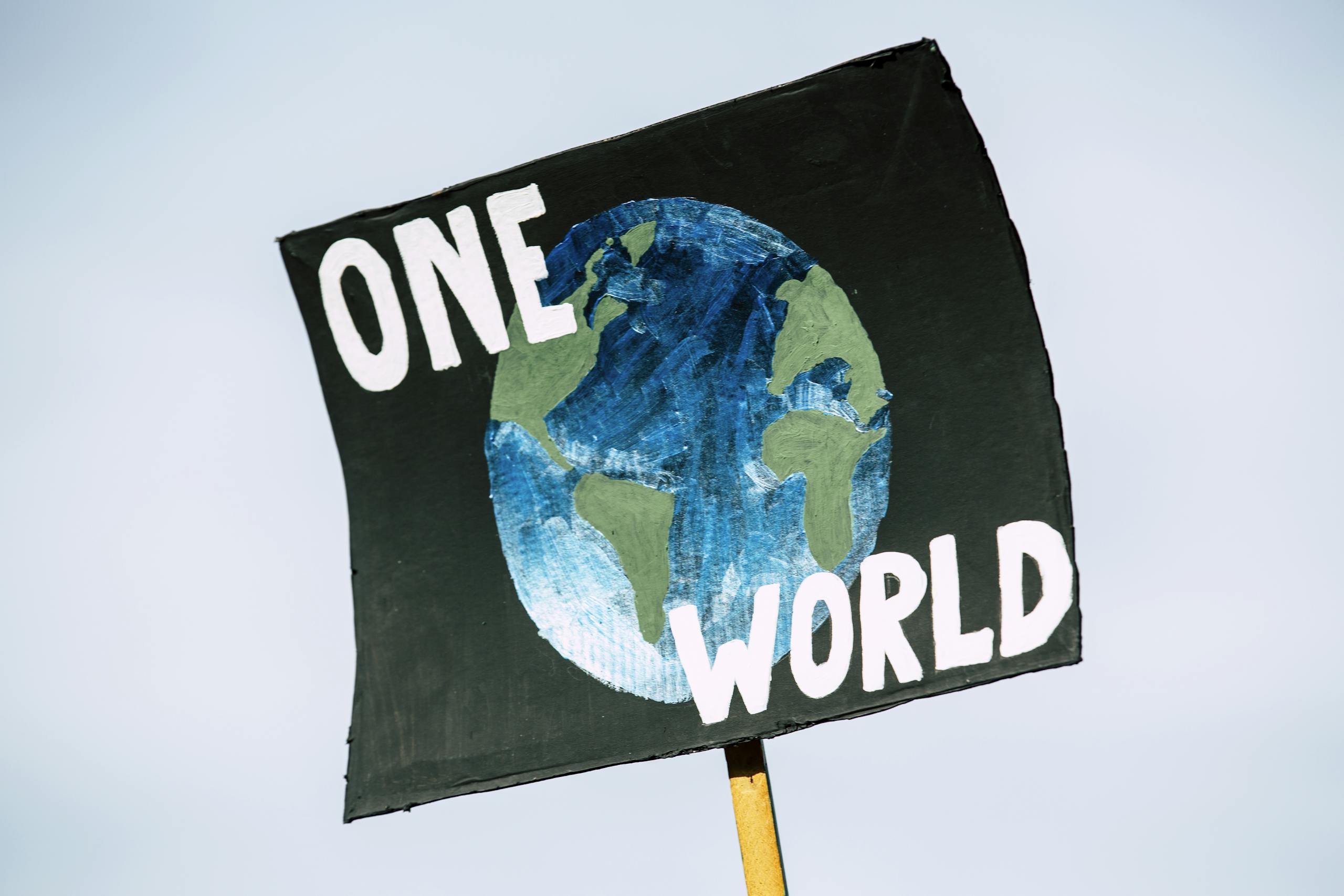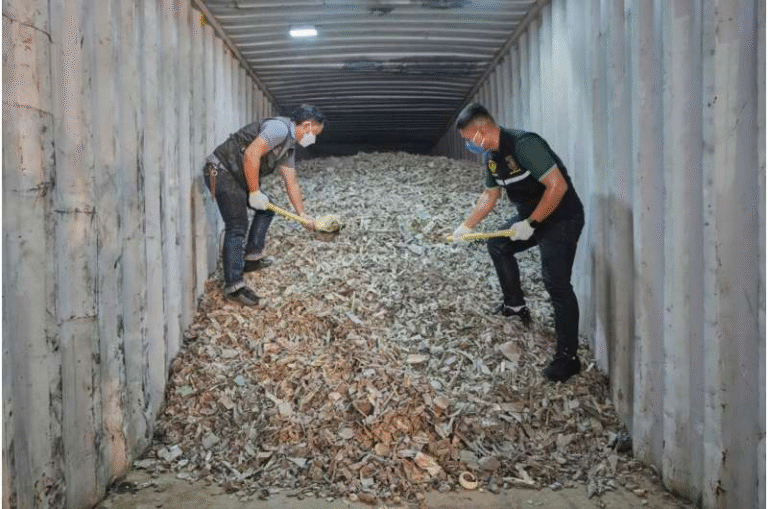Climate Inaction Is Now Killing Millions Every Year as the World Faces a Health Emergency

Climate change isn’t a distant threat anymore—it’s already taking lives, and in huge numbers. A new global report from The Lancet Countdown has revealed that policy inaction and the continued reliance on fossil fuels are leading to millions of preventable deaths every single year. The findings show how rising heat, air pollution, and extreme weather are now directly affecting human health on an unprecedented scale.
A Grim Reality: The Scale of Deaths Linked to Climate Change
Between 2012 and 2021, an average of 546,000 people died every year from extreme heat exposure. That’s nearly one death every minute. This number has increased dramatically—about 23% higher than in the 1990s—as global temperatures continue to rise.
The report also highlights the deadly effects of wildfires, which are growing in frequency and intensity. In 2024 alone, an estimated 154,000 people died due to smoke and toxic air from wildfires—marking a record high.
Even more alarming, the researchers found that fossil fuel–related air pollution caused over 2.5 million deaths in 2022. Despite knowing the health dangers, governments worldwide poured more than $950 billion into fossil fuel subsidies in 2023. Six countries—Russia, Iran, Japan, Germany, Saudi Arabia, and China—were identified as the biggest offenders. In 2022, this figure was even higher at $1.4 trillion, as governments scrambled to stabilize energy prices after Russia’s invasion of Ukraine.
The message is clear: the world is still investing in the problem rather than the solution.
The Hottest Year on Record and Its Toll
The year 2024 was officially the hottest year ever recorded, surpassing the 1.5°C threshold above pre-industrial levels for the first time. This temperature rise might sound small, but in human terms, it’s devastating.
Globally, the average person experienced about 16 extra “dangerously hot days” due to human-caused warming. For older adults, infants, and people with health conditions, these additional hot days can mean the difference between life and death.
Heat waves also have a huge economic cost. In 2024, extreme heat resulted in 639 billion lost working hours, leading to global income losses of about $1.09 trillion, equivalent to roughly 1% of the world’s GDP. Outdoor workers in agriculture and construction are among the most affected, particularly in countries with tropical or desert climates.
Climate Change and the Spread of Diseases
Rising temperatures are reshaping patterns of infectious diseases. The report found that the global transmission potential for diseases like dengue fever has increased by nearly 49% since the 1950s. Warmer conditions allow mosquitoes to thrive in regions where they previously couldn’t survive.
This shift poses major challenges for public health systems, especially in countries with limited resources. Doctors and hospitals in these areas are already stretched thin dealing with existing health issues, and now climate-related diseases are adding more pressure.
Governments Are Falling Behind
The Lancet Countdown report didn’t hold back in its criticism. It described global climate policies as “largely untapped opportunities” that have failed to protect human health. Governments and corporations were accused of backsliding on their commitments, while local communities and smaller organizations are often the ones taking real action.
Many national leaders continue to subsidize fossil fuels while underfunding health and adaptation programs. In fact, the report notes that some large-emitting nations spend more on fossil fuel subsidies than on healthcare.
Experts say reversing these trends is crucial. The solutions are already known: transitioning to clean energy, investing in climate-resilient infrastructure, and strengthening public health systems. What’s missing is the political will.
The Inequality of Climate Impacts
Climate change isn’t hitting everyone equally. The report emphasizes that low-income countries and vulnerable communities—those who contribute the least to global emissions—are suffering the most. These populations face the harshest consequences of droughts, floods, crop failures, and heat waves, often without the resources to adapt.
This imbalance raises questions about climate justice. The wealthiest nations have the means to shield their citizens from many of the worst impacts, while poorer countries are left battling both the climate crisis and poverty at the same time.
A Call for Action and Health-Focused Solutions
The researchers behind The Lancet Countdown make it clear that climate action is a health opportunity. Reducing emissions would not only slow down global warming but also lead to cleaner air, safer water, better diets, and longer lives.
Their recommendations include:
- Rapid transition to zero-carbon energy sources like wind and solar.
- Building climate-resilient hospitals and healthcare systems that can handle emergencies such as heat strokes and disease outbreaks.
- Ending fossil fuel subsidies and redirecting that money into renewable energy and public health initiatives.
- Creating detailed national adaptation plans to prepare for inevitable climate impacts.
They argue that every fraction of a degree matters—each delay means more lives lost.
The Economic Case for Urgent Climate Action
One of the report’s strongest points is that the cost of inaction far outweighs the cost of action. The lost labor hours and health damages caused by climate change are already costing the world trillions of dollars annually.
Businesses also face growing risks. Supply chains are being disrupted by floods and storms, while extreme heat is damaging crops and livestock. Governments that fail to adapt are likely to face both economic and humanitarian crises in the coming decades.
Investing in renewable energy and sustainable practices isn’t just good for the environment—it’s good for the global economy.
Regional Implications: Why This Matters for Countries Like India
In regions such as India and South Asia, the findings are especially worrying. These areas are among the most vulnerable to extreme heat, water shortages, and food insecurity.
Outdoor workers—farmers, construction workers, and street vendors—are already experiencing heat stress at levels that threaten their livelihoods and health. Cities are growing rapidly, but infrastructure and healthcare systems are struggling to keep up.
At the same time, fossil fuel subsidies remain high, locking these nations into polluting energy systems. Experts suggest that redirecting these funds toward renewable energy, urban cooling programs, and healthcare adaptation would not only save lives but also create new economic opportunities.
The Bigger Picture
The report monitored 57 indicators across areas like health risks, exposure, adaptation, mitigation, and public engagement. Across nearly every indicator, the situation is worsening. Two-thirds of these indicators have reached record highs in 2025, showing that the planet’s health and people’s health are more tightly linked than ever before.
Climate change is no longer just an environmental issue—it’s the defining health challenge of our time.
Experts warn that if global leaders continue delaying, humanity could face a future where the number of annual deaths from climate-related causes surpasses those from major diseases like cancer or heart disease.
Final Thoughts
The findings of this report are alarming, but they also offer hope. The solutions exist. Transitioning to renewable energy, improving healthcare systems, and stopping the funding of fossil fuels could save millions of lives and create a healthier, fairer planet.
As the world prepares for the UN COP30 climate summit in Brazil, the message from scientists and doctors is simple: act now, or lose more lives later.
Reference:
The Lancet Countdown on Health and Climate Change 2025 Report





